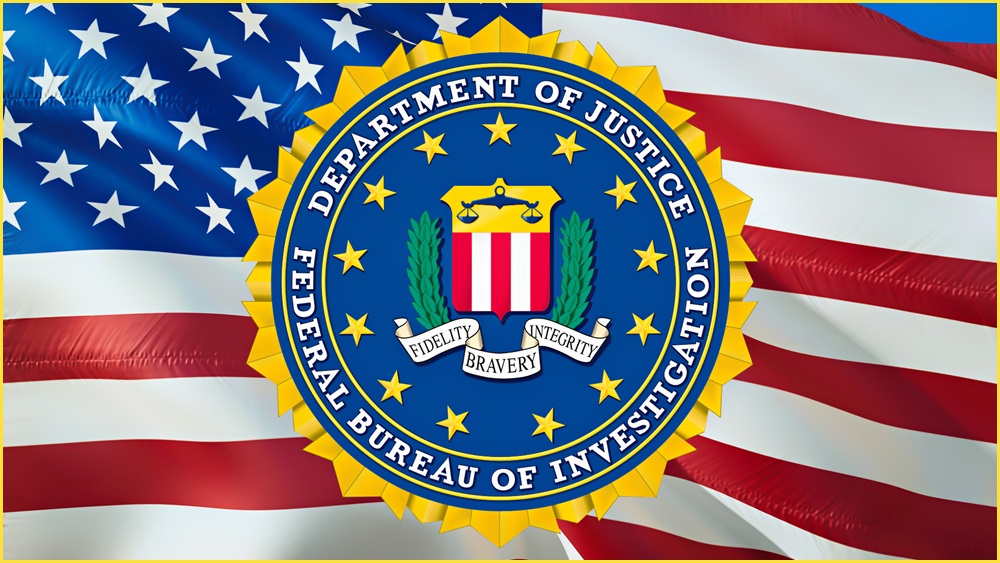Facing ongoing shortages in the supply of cyber security experts, the US Federal Bureau of Investigation (FBI) is targeting Australia’s pool of cyber security experts for recruits to support its growing and increasingly complex cyber investigations – but there are caveats.
A recent LinkedIn job post, for a Melbourne-based special agent with a “cyber security/technology background”, invites applicants with years of experience in network information, cyber security, computer science, digital forensics “and other technical specialties”.
“We need professionals experienced in network security, computer science and software engineering to prevent cybercrimes, data theft, ransomware and other attacks to our national security,” the job post explains, adding that the role offers “continued specialised training once onboard and opportunities to work on some of the Bureau’s most complex cases.”
“The scope and scale of our investigations provide unique challenges unlike anything you could work on in the private sector.”
Before you dust off your CV, however, there are a few caveats: applicants must be US citizens; be aged between 23 and 37 years old; have two years of full-time professional work experience; and be able to obtain a Top Secret Sensitive Compartmented Information (TS/SCI) clearance – which requires an intensive vetting process of background checks, credit checks, and polygraphs that takes 8 to 15 months.
After completing the more than year-long Special Agent Selection System (SASS), recruits must also complete basic training at the FBI Academy at Quantico, Virginia, where they will spend 19 weeks as a Special Agent trainee and ultimately be transferred to work 50-hour weeks at any of the FBI’s 56 global field offices.
It’s a one-way ticket – the listing notes that “agents rarely return to their processing offices” – if, that is, they survive a recruitment process that reportedly whittles down a pool of 16,000 applicants to just 900 new Special Agent roles that open each year.
And for all of this, the FBI quotes a salary range of $78,000 to $153,000 commensurate with experience– well below other recent measures of Australian cyber security salaries, such as a Robert Half analysis that entry-level cyber security roles attract salaries of up to $126,000, and a Talent salary survey finding cyber security salaries grew by 20 per cent last year alone.
Signs of broader challenges?
Onerous qualifying and job mobility requirements haven’t prevented at least 17 people from applying for the Melbourne cyber role.
Yet with more agencies competing for hard-to-find cyber experts, Australia’s cyber skills gap – and high attrition from high-stress cyber roles – risk depleting an Australian market that is already feeling pressure from new initiatives including the NSW Cyber Security Operations Centre, multinational AUKUS partnership, and an AFP-ASD task force that will employ 100 cyber security experts.
The FBI ad confirms that agencies are also competing for talent, looking globally to replenish their cyber armies during a time when, director Christopher Wray said during recent budget hearings, “the breadth of these threats and challenges are as complex as any time in our history.”
During fiscal 2023, the FBI requested almost $80 million ($US52 million) in additional funding for cyber investigative capabilities – which Wray called one of several “critical requirements [and] gaps in operational capabilities” facing the agency.
Citing the “multitude of serious and evolving threats” including “sophisticated cyber-based attacks”, Wray said, “keeping pace with these threats is a significant challenge for the FBI.”
With cyber criminals and nation-state actors actively exploiting modern technologies, Wray said, “we are increasingly concerned about our ability to detect and warn about specific cyber operations.”
The FBI’s Melbourne recruitment drive confirms that even national cyber security agencies can’t avoid the impact of cyber skills gaps.
Several years ago, ongoing attrition from the agency – which has a long history of struggling to keep cyber security experts in Special Agent roles that often fall short of expectations – led it to overhaul its recruitment process and boost its advertising spend.










